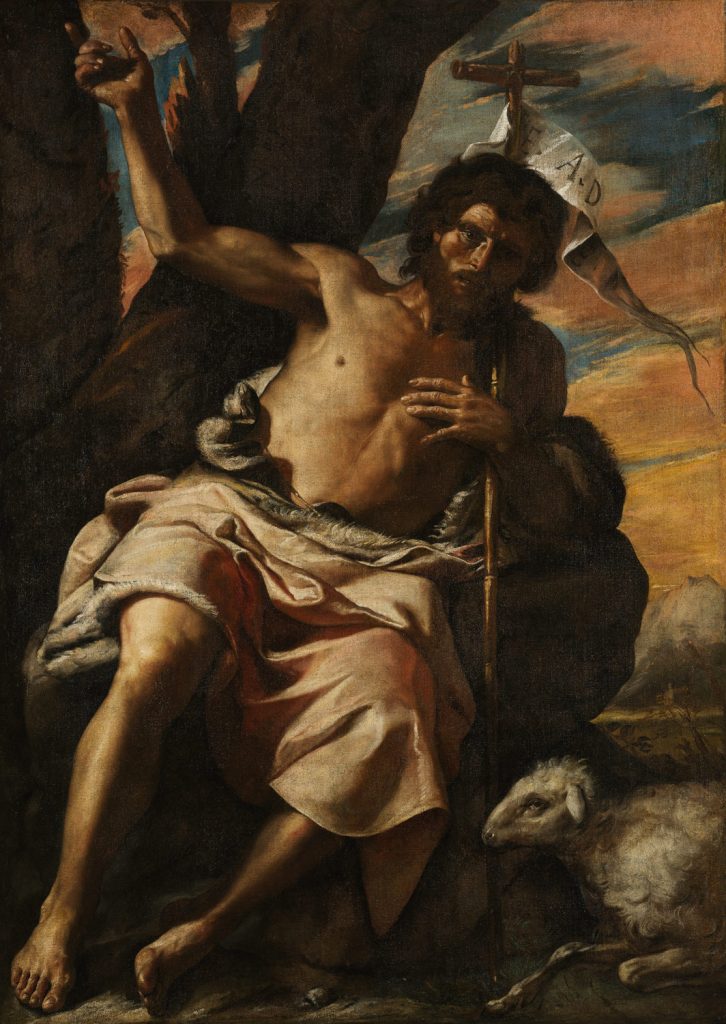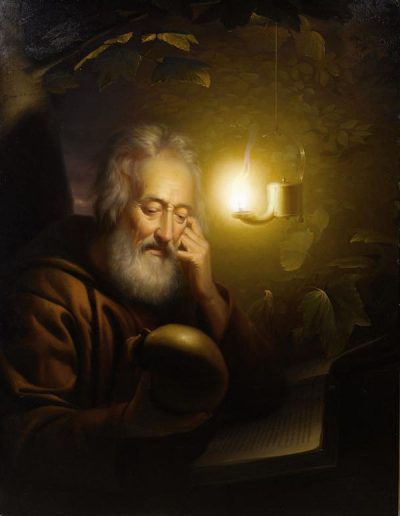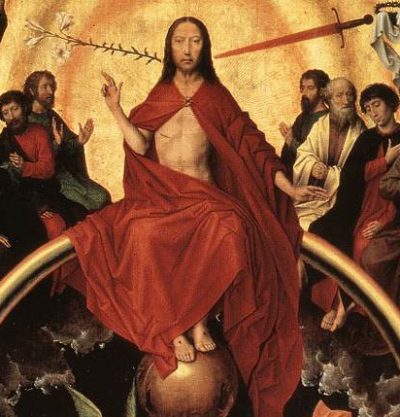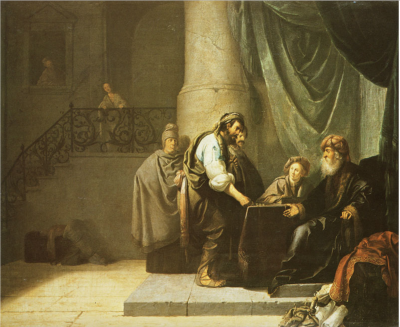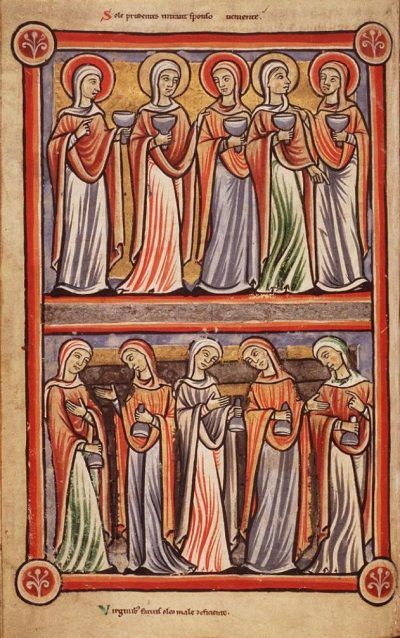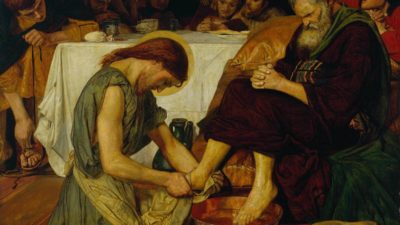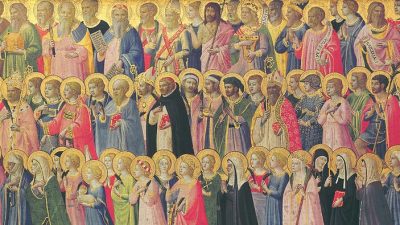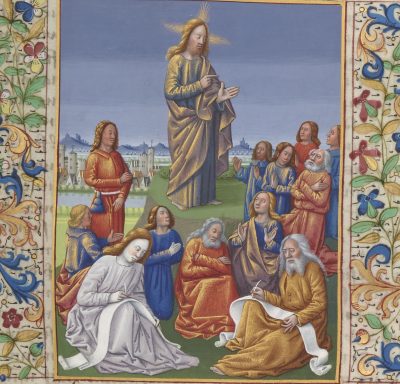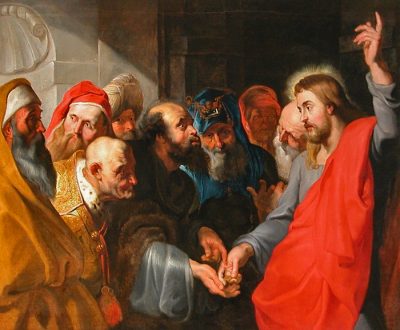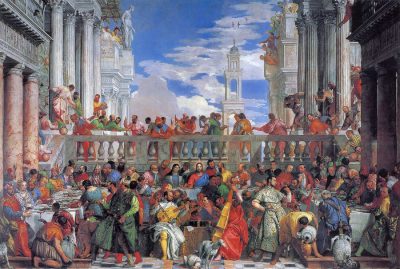Straighten the Path: Scott Hahn Reflects on the Second Sunday of Advent
Our God is coming. The time of exile— the long separation of humankind from God due to sin—is about to end. This is the good news proclaimed in today’s liturgy.
Isaiah in today’s First Reading promises Israel’s future release and return from captivity and exile. But as today’s Gospel shows, Israel’s historic deliverance was meant to herald an even greater saving act by God—the coming of Jesus to set Israel and all nations free from bondage to sin, to gather them up and carry them back to God.
Straighten the Path: Scott Hahn Reflects on the Second Sunday of Advent Read More »
